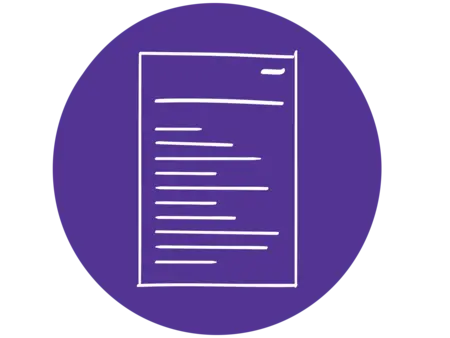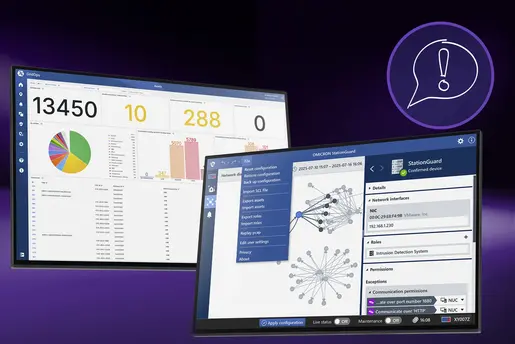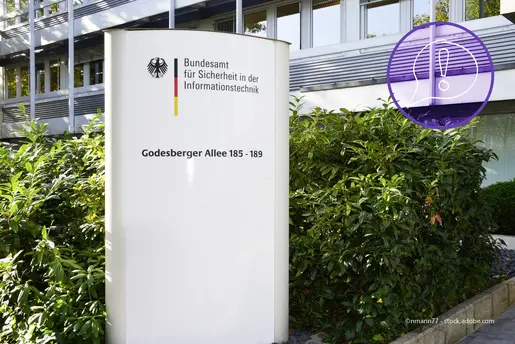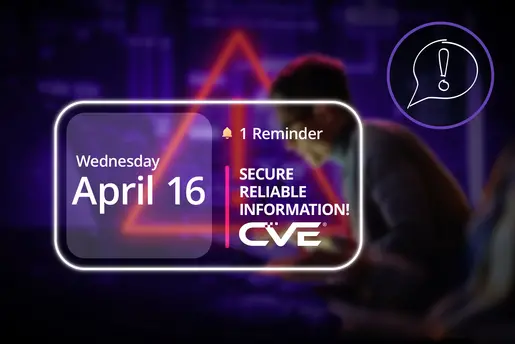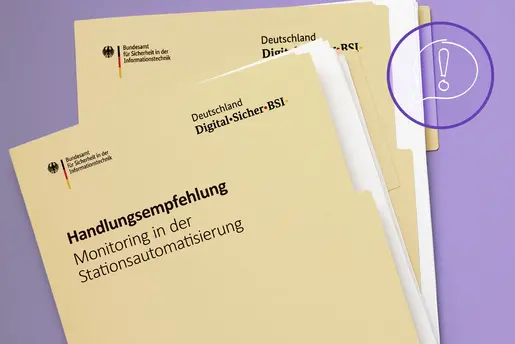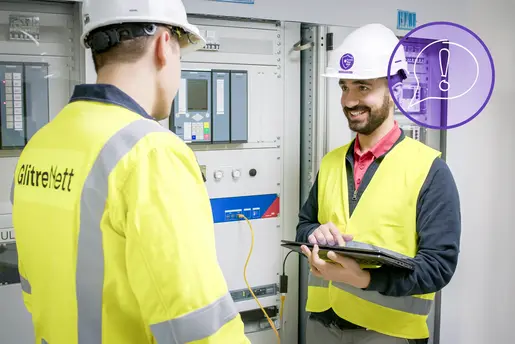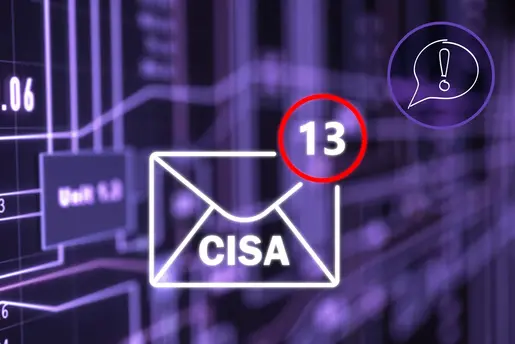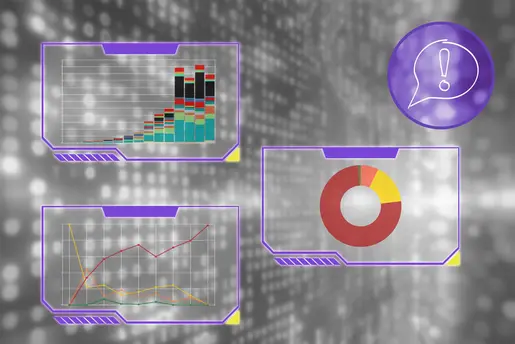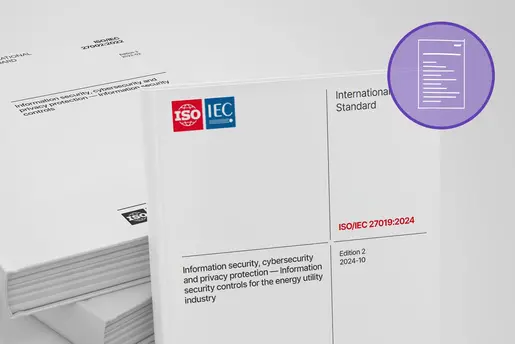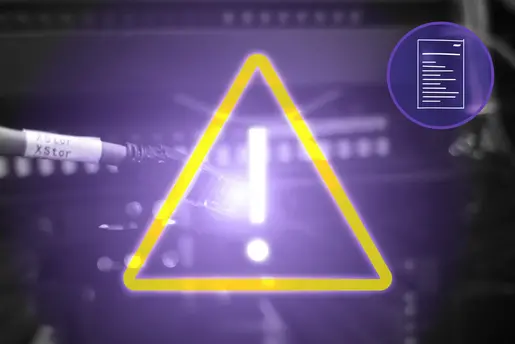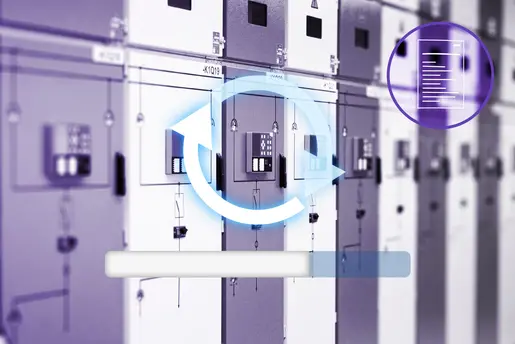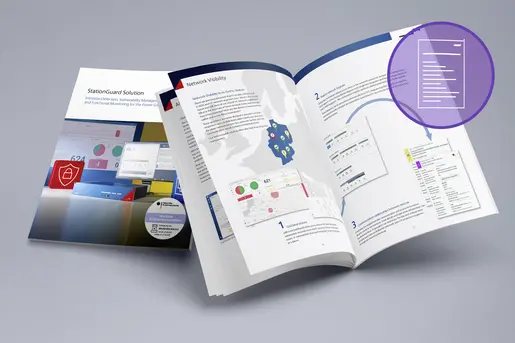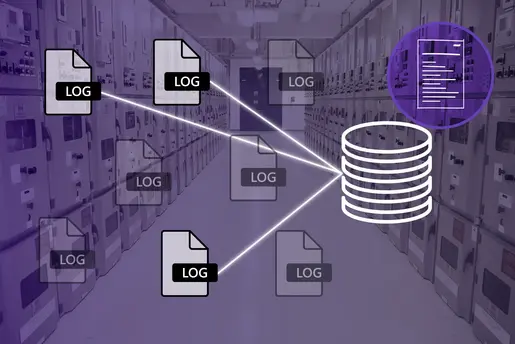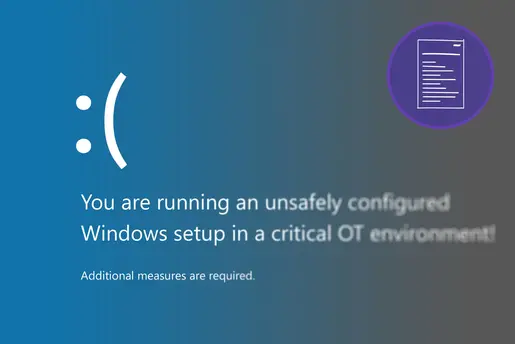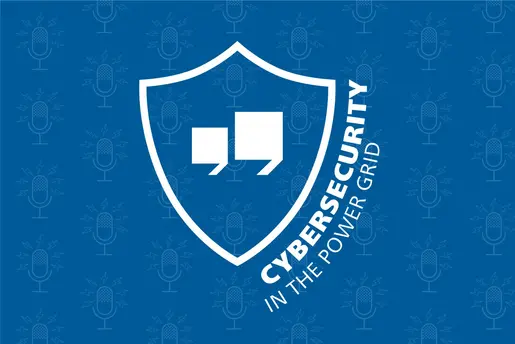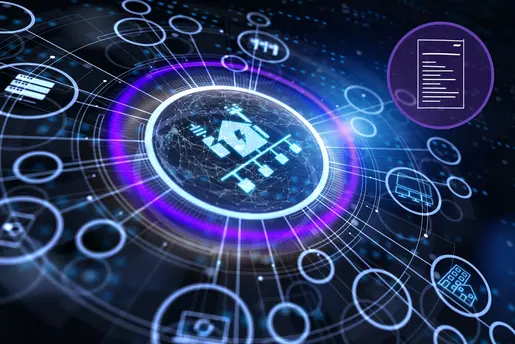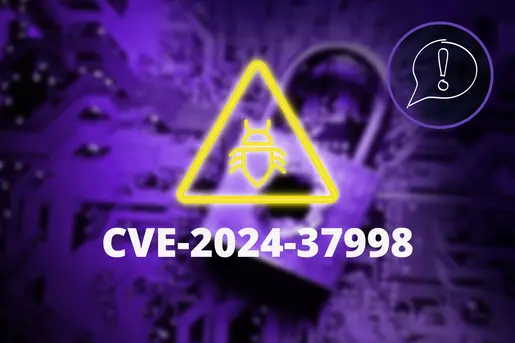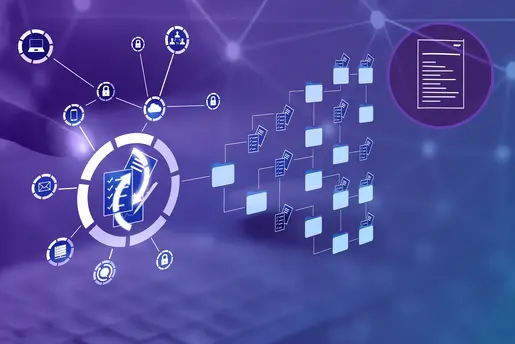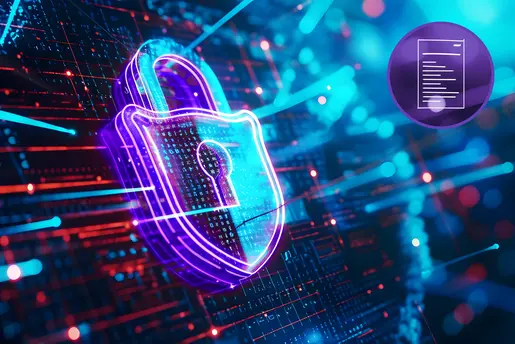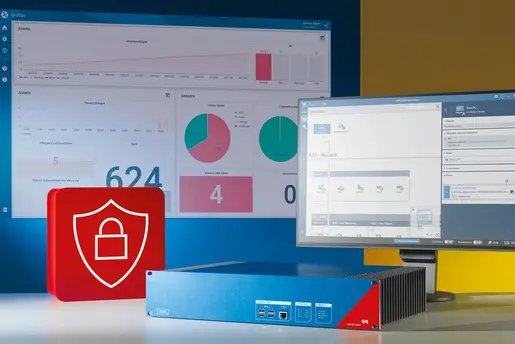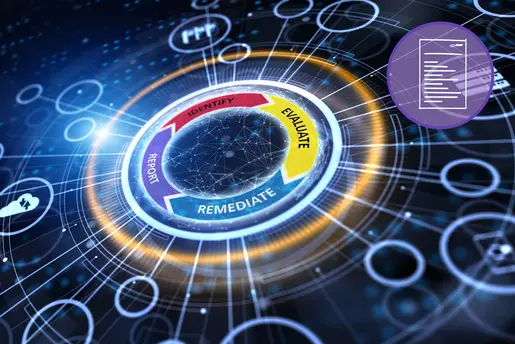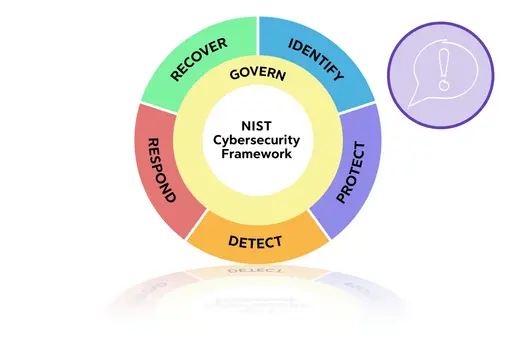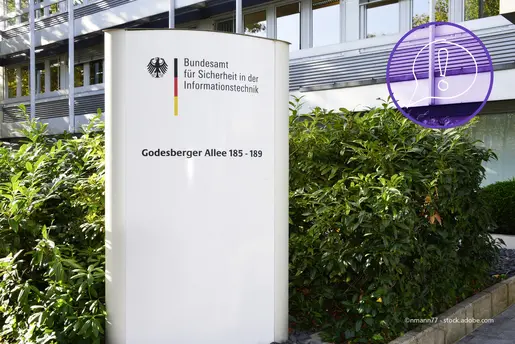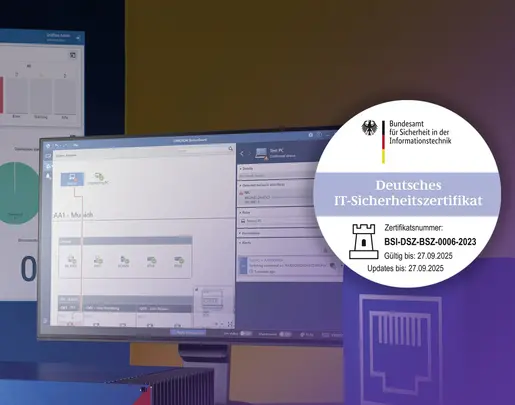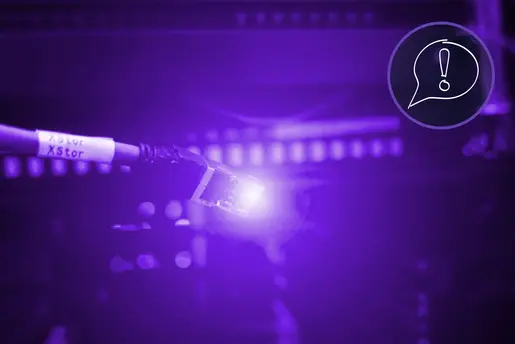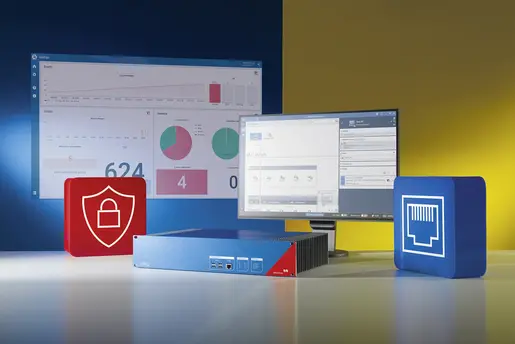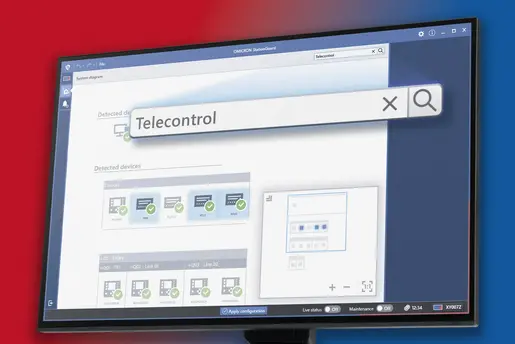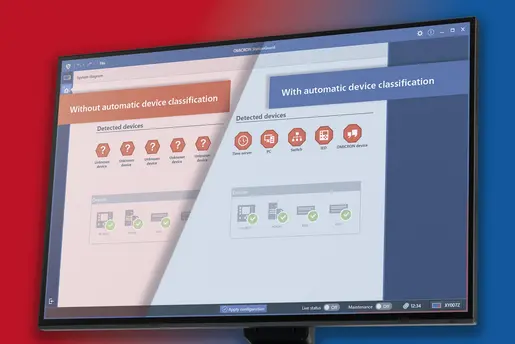What Is the NIS2 Directive?
How Dangerous Is a Delay in Implementing NIS2?
Does this mean that company managers can sit back and relax? Quite the opposite! Just because the legal requirements have not yet officially entered into force in many countries, this does not mean that the risks have diminished.
Even without a cyber-specific legal obligation, companies must take adequate measures to protect their business processes. Since most business processes are based on information technology, IT and OT security are essential for the smooth functioning of the economy.
Is NIS2 Directive Management's Responsibility?
Although the NIS2 Directive has not yet been fully implemented in all countries, this does not mean that directors and officers do not have a liability. On the contrary, directors have a duty to protect their company, its stakeholders and customers from harm. This obligation also arises from existing laws, such as commercial law , company law , and already established industry-specific regulations. CEOs and managers must analyze the risks to which their organizations are exposed and take appropriate measures to avert damage.
A sound risk analysis, appropriate security measures and a rapid response to cyber attacks always pay off - regardless of whether there is a legal requirement to do so or not. Companies that are proactive and invest in their cyber resilience will be better protected in the long run, and will be able to recover more quickly in the event of an attack.
Do I Need to Comply with NIS2?
Cybersecurity is and will remain a central challenge that companies increasingly have to face, regardless of the legal situation. IT and OT security are key factors for the long-term success and stability of organizations and the economy as a whole. Early and comprehensive preparation for potential cyber threats is the best way to secure the future - with or without legislation.

